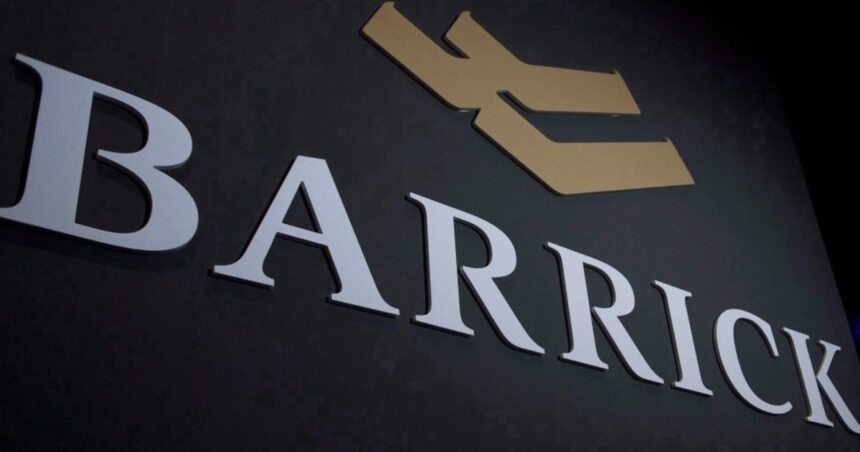In a significant blow to one of Canada’s largest gold producers, a Malian court has placed Barrick Gold Corp’s Loulo-Gounkoto mining complex under temporary provisional administration amid an escalating legal battle that threatens the company’s operations in West Africa.
The complex, responsible for producing over 540,000 ounces of gold in 2023, now faces uncertain leadership after Malian authorities appointed a provisional administrator to oversee its operations following disputes over tax payments and profit-sharing agreements. This development marks a critical turning point in the relationship between the Toronto-based mining giant and Mali, where Barrick has operated for more than two decades.
“This action represents an overreach by certain elements within the Malian government,” said a Barrick spokesperson in a statement released Monday. “We have consistently fulfilled our fiscal obligations and remain committed to working through proper legal channels to resolve this matter.”
The dispute centers on allegations that Barrick failed to meet certain financial obligations to the Malian government, which holds a 20% stake in the Loulo-Gounkoto complex. Government officials claim the mining operation owes approximately $245 million in unpaid taxes and royalties—figures that Barrick vehemently disputes.
Industry analysts have closely monitored the situation, noting that resource nationalism has intensified across several African nations in recent years. Mali’s military government, which took power in a 2021 coup, has increasingly scrutinized foreign mining contracts as part of efforts to increase state revenue from natural resources.
“What we’re seeing in Mali reflects a broader trend across the continent,” said Michael Robertson, mining analyst at Peterson Capital Markets. “Governments are becoming more assertive about capturing what they perceive as their fair share of mineral wealth, particularly in gold-producing regions.”
The Loulo-Gounkoto complex, located in western Mali near the Senegalese border, remains operational despite the court’s decision. Barrick executives have insisted that the administrative change will not affect day-to-day operations or production targets, though investors have responded with caution. The company’s shares fell 3.8% on the Toronto Stock Exchange following the announcement.
For Mali, the stakes couldn’t be higher. Mining accounts for nearly 10% of the country’s GDP, with gold representing approximately 80% of export revenues. The Loulo-Gounkoto complex alone contributes about 7% of Mali’s total tax revenue, according to government figures.
Barrick Gold’s CEO Mark Bristow, who built his reputation developing mines across Africa, has scheduled meetings with Malian officials in the coming weeks. Known for his hands-on approach to government relations, Bristow faces perhaps his most challenging diplomatic test yet in preserving Barrick’s position in Mali.
This dispute emerges against a backdrop of increasing complexity for mining companies operating in West Africa. Political instability, security concerns, and changing regulatory environments have complicated operations for numerous international firms in the region. Several Canadian mining companies have reduced their exposure to West Africa in recent years, making Barrick’s continued commitment to Mali somewhat exceptional in the industry.
As legal proceedings continue, the mining community watches closely. The outcome could influence how other African nations approach their relationships with foreign mining companies and potentially reshape the continent’s extractive industry landscape for years to come.
What remains unclear is whether this represents a targeted action against Barrick specifically or signals a broader shift in Mali’s approach to foreign investment in its mining sector. Either way, the company now finds itself navigating treacherous legal and political terrain as it fights to maintain control of one of its most valuable African assets.










